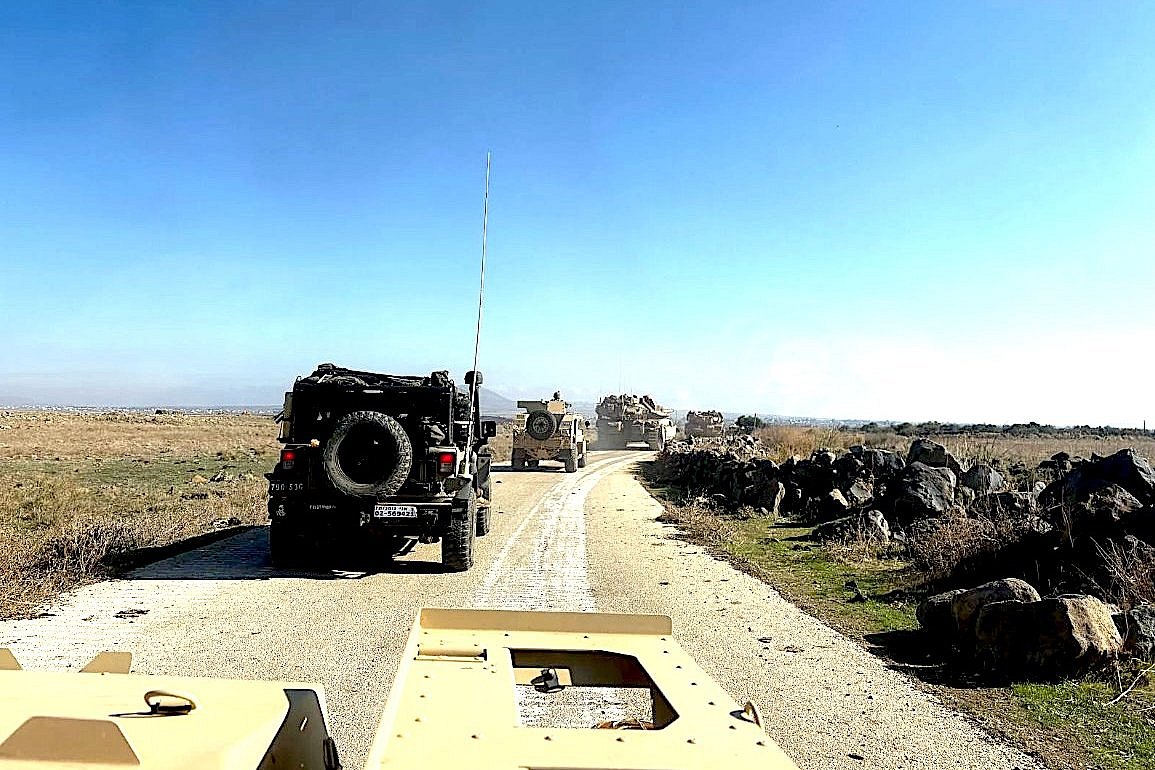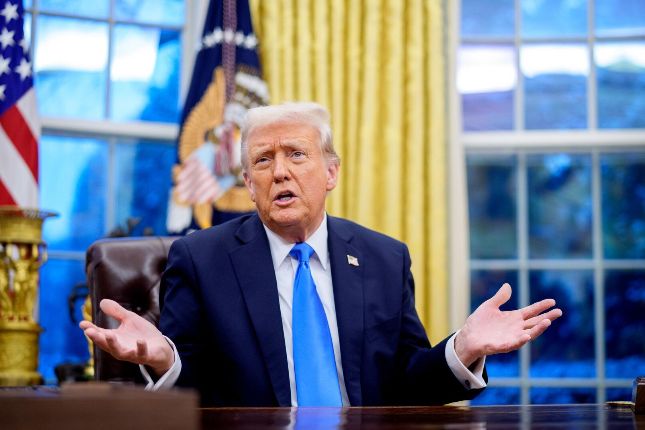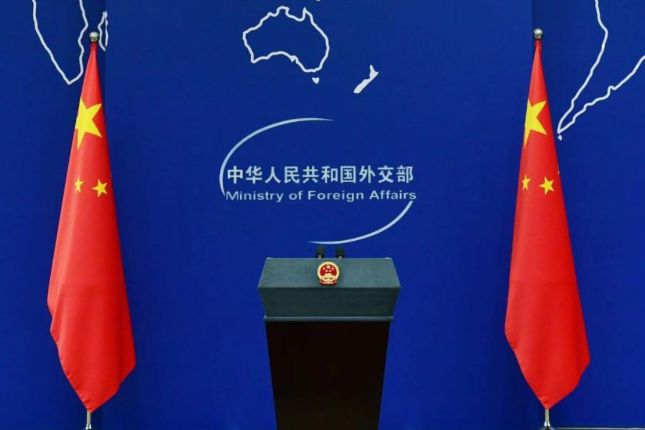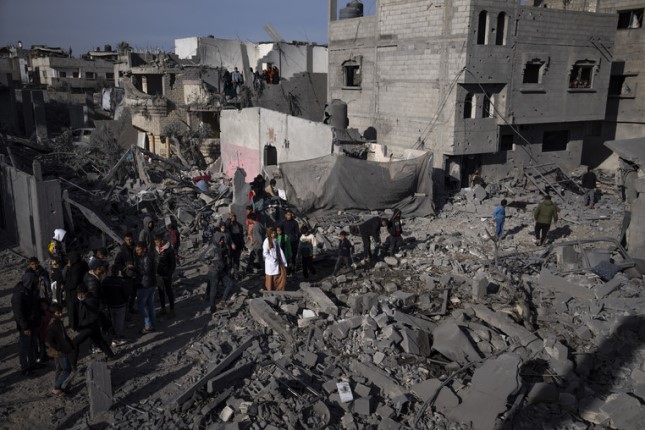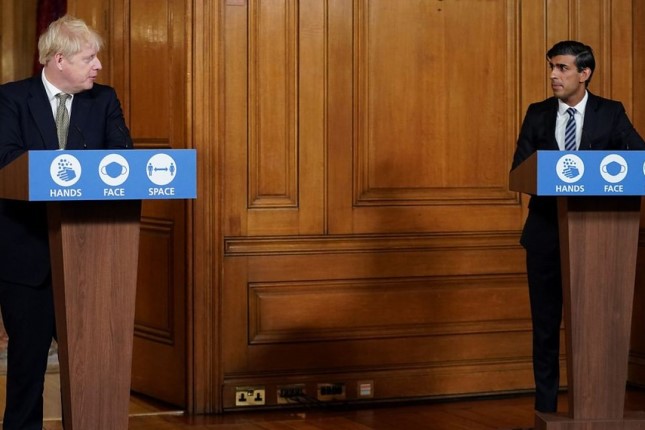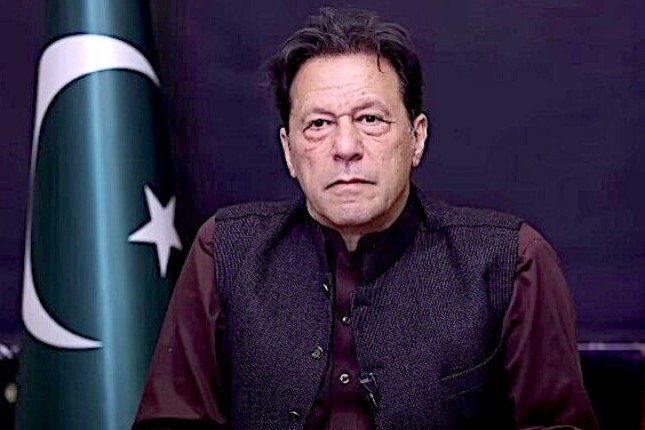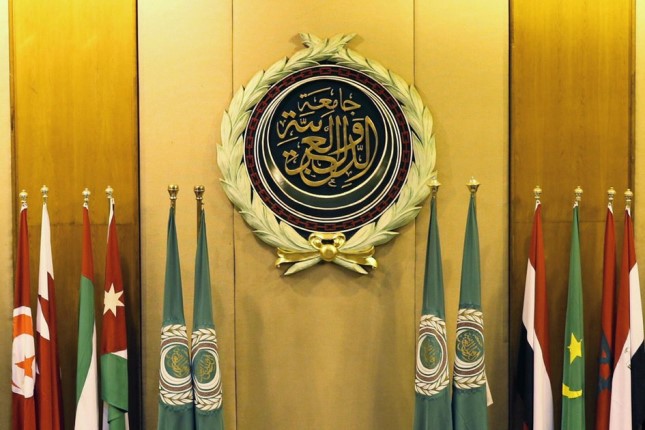The Syrian civil war was a Western (and Gulf) project just as much as the war in Afghanistan against the Soviet Union was.
Then, Western governments and Gulf despots collaborated to bring down the pro-Soviet regime in Kabul. The local Afghan regime had its domestic roots in 1979 when the U.S.S.R. invaded, and the communist movement in Afghanistan had support from students and intellectuals in Afghan society; it was not imposed on the people, as Western accounts would have it.
To be sure, conservative religious elements in Afghanistan opposed the secular and feminist project of the communists, and insisted on keeping Afghanistan in a medieval cultural prison. The West was willing to support any government, no matter how distasteful and undemocratic, to undermine the basis of support for socialism and communism.
Similarly, Western liberals adopted the Syrian rebels in 2011, clearly in congruence with Israel’s desire to get rid of the Damascus regime, which had deviated from the official Arab, pro-U.S. norm.
Soros-funded Arab media (and they are plenty) romanticized the rebels and presented the Jihadi-inclined fighters (followers of Bin Laden, literally) as secular democrats and — in some accounts — feminists. Western governments (this was also the case in Afghanistan) looked the other way when militant Muslims left their Western countries to join the war in Syria.
Today, with an Al-Qa`Idah leader in power in Syria, the struggle has ensued over the country’s direction, pitting Turkey against the U.S. and Israel, while Syrian minorities are in increasing danger from the jihadists in charge in Damascus (with Western blessing.)
[In a further development, ISIS has joined the fray in Syria, taking responsibility for a bombing attack against Syrian soldiers, its first against the new regime.]
Origins in Lebanon
There was a fantastic opportunity for the United States and Israel in Lebanon in 2005, when both countries hoped that the assassination of the Lebanese businessman and politician Rafiq Hariri in Beirut could bring about a thorough political transformation of the country, leading to the demise of Hezbollah.
The George W. Bush administration invested heavily in a great propaganda blitz the likes of which Lebanon had never seen to glamorize the image of Hariri and present him as some kind of hero and symbol for Lebanon.
The U.S. Department of State at the time gave the label Cedar Revolution to describe the sectarian demonstrations in Lebanon that were directed at the Syrian regime, which had its troops in Lebanon as part of the Taif Agreement that ended the Lebanese civil war in 1989. They left in 2005.
In 2011, it was a different political transformation that America hoped for.
At the time the U.S. was taken aback by the spread of popular uprisings in certain Arab countries, some of which were extremely important strategically for the United States and Israel, namely Egypt, Bahrain and Tunisia.
The U.S. was fearful that loyal Arab allies were facing tides of democratization. American foreign policy in the Middle East since World War II had been predicated on firm opposition to democracy; the West opted for the imposition of dictatorial rule if the despots aligned themselves with Western interests and Israel.
In Egypt, the United States quickly moved to try to contain the uncontrolled uprising that was going to topple the Egyptian-Israeli peace treaty. The right-wing Gen. Abdel Fattah el-Sisi came in 2014 to overthrow the democratically-elected leader Mohammad Morsi, and dictatorial rule was restored after a brief interruption.
Barack Obama is often falsely credited for supporting the 2011 overthrow of Hosni Mubarak, who ruled Egypt for 30 years, when the public record shows that Obama’s government condemned the peaceful protesters who demanded democracy in their country. Hillary Clinton, at the time the U.S. secretary of state, even suggested the thuggish head of the secret police, Omar Suleiman, as a suitable candidate to lead Egypt after Mubarak.
The United States took advantage of the situation by stirring change in countries in the region that were not aligned with the United States. NATO intervened in Libya and the country still reels from the pain and horror of civil war and unending bloodshed.
In Syria, the United States and Gulf countries quickly stepped in to arrange for the overthrow of the regime. They did not expect that Russia, Iran and Hezbollah would interfere to prop up the tottering regime.
Assad Family Rule
The Syrian regime under Bashar al-Assad operated as a sectarian alliance. The Baath party was ostensibly one of the first Arab secular political parties intended by the founders to emphasize Arab culture, Arab history, and Arab unity as the galvanizing themes among all the Arab people.
But the Syrian coup of 1970 brought about a sectarian change of government. Hafidh Al-Assad drew for his support on his own Alawite community, and officials from members of other sects were largely token appointments. All the crucial posts of security and intelligence were placed in the hands of trusted Alawites, often related by blood to the leader.
Bashar al-Assad upon assuming power in 2000, tried to expand the sectarian alliance by placing more Christians and Sunnis in positions of power including in the military and security apparatus. But that did not change the sectarian label of the regime especially in the eyes of the Syrian people. It also did not alter the closed despotic nature of the regime where Bashar and his brother Maher (and his brother-in-law, Asaf Shawkat, killed in 2002 in a massive car bomb) monopolized power.
The 2011 Syrian rebellion unleashed sectarian crimes and invective not seen for a long time in the region. We are talking about followers of Osama Bin Laden (now Syria’s rulers) and ISIS who believed that all religious minorities, Christians, Shiites, Ismailis, Druzes, Jews and others are enemies who should be subjugated or even killed.
Syrian rebels chanted against these groups during the long years of the war. This particular aspect of the Syrian revolt was not covered in the West. Western governments and media were very eager to add to the stress on the regime, and Ben Rhodes (deputy national security advisor in the Obama administration) admits that he had urged the Obama administration to champion and align with Al-Qa`Idah in Syria.
The key element of the Syrian Baathist regime that made it an enemy to the West was its support for Palestinian and Lebanese groups that fought Israel. Syria under Bashar was the only Arab government that was still willing to give support to what is known as “Arab resistance groups.”
The potential for renewed civil war in Syria has been increasing.
Noticeably, the U.S. government, which preaches a monopoly of force by the central government in countries where armed groups have agendas against Israel (Lebanon, Iraq and Yemen), is silent about the multiplicity of militias in Syria.
This may be because the U.S. has its own surrogate armed groups in Syria — and has had ever since the war started in 2011 — and they are not exclusively among the Kurds.
In Syria today, there are at least 150 armed groups and the ruling HTS (which used to be the official Al-Qa`idah branch in Syria) does not control all of Syria.
Israeli bombing campaigns are intended to expose the weaknesses of this so-called central government. Western powers are more than willing to legitimize the new, jihadist ruler, Ahmed Al-Sharaa, provided he does not pose a threat to Israel. He must also join the Abraham Accords, which he has already expressed a willingness to do to normalize relations with Israel.
The many Syrian armed groups were willing to unite when the goal was the overthrow of Asad. Now, there is competition for power, such as afflicted Afghan armed groups from 1992 until the rise of the Taliban in 1996.
Western and Gulf governments are competing with Turkey for control of the new Syrian regime. The new rulers are willing to expand their circle of alliances but they stay loyal to the government in Ankara, which was most responsible for their victory.
Turkey was also central in the yet-to-be revealed secret plan or understanding which let Russia tolerate the fall of Bashar. In one interview, Turkish foreign minister (who previously headed the intelligence apparatus) admitted the Turkish role to discourage Russian intervention. (The linked article is from an official U.S. Arabic propaganda outlet which has since been removed).
Druze Divided
There is a debate among the Druze in Syria today. They are being wooed, on the one hand, by the pro-Israel Druze leadership (represented by Muwaffaq Tarif, who is close to Israeli intelligence and military leadership) to make possible a foothold for Israel in Syria.
And then there are those who are influenced by the Lebanese Druze leader, Walid Jumblat, who has been warning against any alliance with Israel with its dangerous plots against Syria. Jumblat reminds the Druzes of the need to stay aligned with the Arab majority who see Israel as the enemy.
Syrian Druzes have had a long history of alliance with Arab nationalist forces ever since the great Arab revolt of 1925-27 against the French occupation. The French infamously wanted to split Syria into mini sectarian/ethnic states. The Arab identity foiled colonial French designs.
Alawites on the Defensive
The Alawites today are fighting for their self-defense against all Sunni Jihadi fighters who treat them as infidels deserving to be subdued or killed. They all are blamed for Bashshar’s rule.
They have no outside regional support. Iran has always considered Alawites as misguided Shiite defectors who need to be brought back to the true Shiite twelver faith.
It was not Iran which legitimized the Shi`ism of Syrian and Lebanese Alawites, but Lebanese Shiite cleric Musa As-Sadr in 1973. As-Sadr was a close ally of Hafidh Al-Asad and was kidnapped and presumably killed by Qaddafi during a visit to Libya in 1978.
Minorities in Syria don’t seem to be working together or planning to form a united front against the new government because they fear reprisals by Sunni fighters.
The world turned away from the Syria story once Bashar fled the country. But the stories of sectarian massacres will thrust Syria back into the news. As part of its escalating Greater Israel Project, Tel Aviv won’t rest until all countries surrounding it are embroiled in civil war for years to come.
Source: Consortium News.
